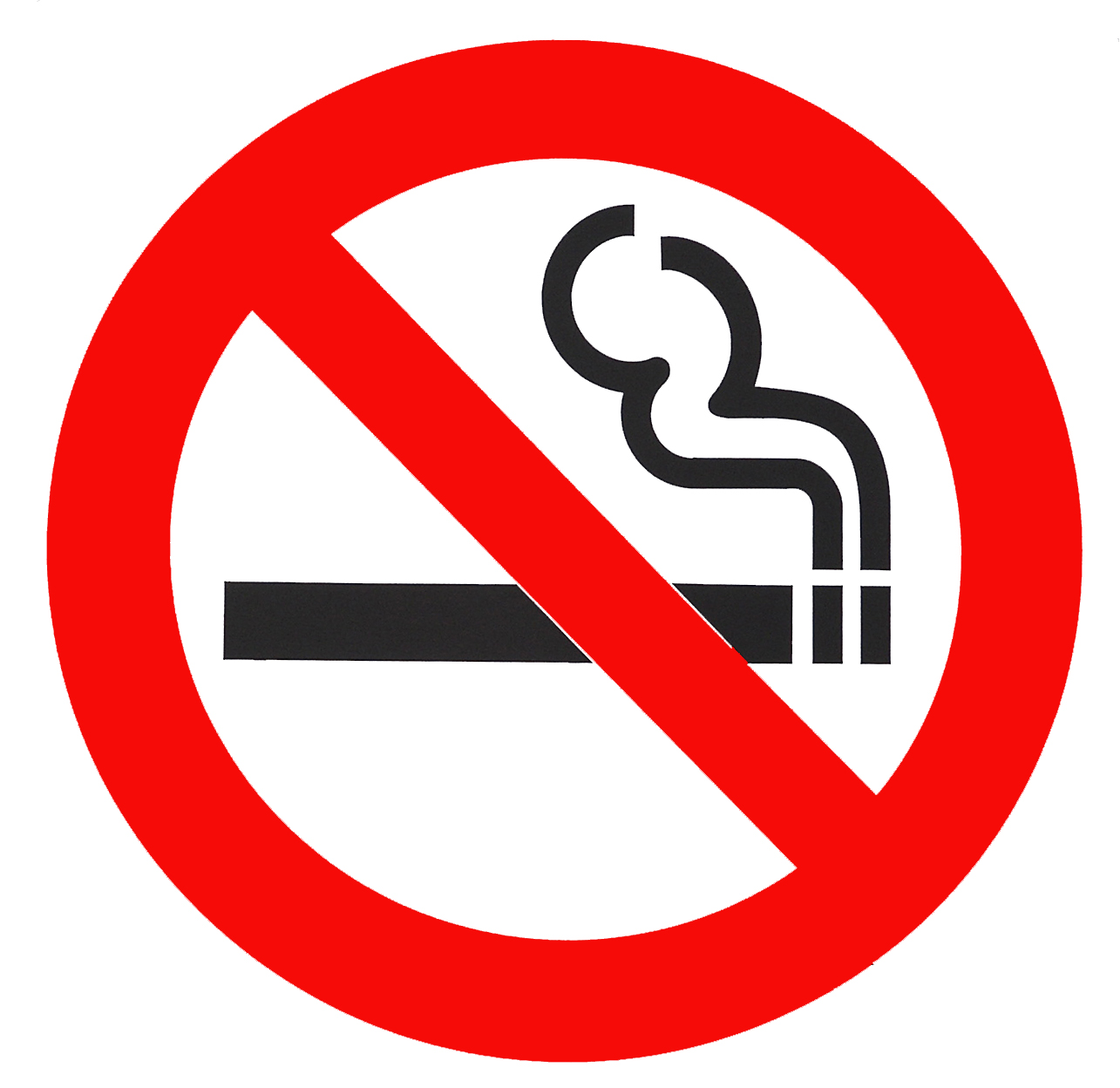With Lung Cancer awareness month upon us, I thought it would be most appropriate to help those of you who are still smoking quit. I often get asked why I don’t tell people to stop smoking. The answer is very simple;
everyone knows that smoking is bad for you. Heck, it’s clearly marked on every pack of cigarettes! Why would you want to stop smoking? Check out the quote from the American Lung Association website
Cigarette smoking has been identified as the most important source of preventable morbidity and premature mortality worldwide. Smoking-related diseases claim an estimated 438,000 American lives each year, including those affected indirectly, such as babies born prematurely due to prenatal maternal smoking and victims of “secondhand” exposure to tobacco’s carcinogens. Smoking costs the United States over $167 billion each year in health-care costs including $92 billion in mortality-related productivity loses and $75.5 billion in excess medical expenditures. (http://www.lungusa.org/site/pp.asp?c=dvLUK9O0E&b=39853)
If that isn’t enough to wake you up, what is?
We all now agree that smoking is bad for you, right? So how can I help you stop smoking? There are several approaches we will cover to assist you in your quitting this deadly habit. The first approach I recommend is hypnosis. Studies have shown that people who undergo hypnosis smoke fewer cigarettes and abstain from smoking more. I have had more than a few handfuls of friends and associates utilize this method and I am unaware of any who have started smoking again. Often times, it takes one session of hypnosis to achieve the benefits. I recommend asking for referrals from others who have gone through hypnosis or find a center that focuses solely on hypnosis for smoking cessation. This approach might be expensive, but in the long-term may be your best bet.
When we look at supplementing for smoking cessation, there are several things that should be done. First would be using a supplement to help with the urge(s). Second, address other issues like stress that might contribute to your desire to smoke. And third, combine these supplements with behavior modification and you are home free.
There are several single and combination products on the market to assist you in your smoking cessation program. The herb Lobelia would be my first choice. Lobelia contains the phytochemical lobeline which has similar effects in the body to nicotine. This effect would be similar to using a patch or other over the counter regimen. Lobelia also provides other benefits such as being a great expectorant to help the body get rid of any phlegm or chest congestion that is often associated with smoking. I prefer the liquid extract to help with your urges. Placing a few drops under the tongue for a minute and then swallowing will have virtually an immediate effect and help curb your cravings to smoke. There are also combination products (usually containing lobelia) that can be effective at helping you with your urges to smoke. Consult with a natural health consultant in the store to guide you. Lastly, you may wish to try homeopathy. There are several great remedies to help you on your way to stopping smoking. I recommend finding a homeopathic physician to assist you with your selection. This can be a very effective and inexpensive solution to your health challenge.
Many people who smoke do it because of stress and anxiety. Often times, addressing the stress will help you stop smoking. Using herbs like valerian, passion flower, lemon balm and oat straw can get you on your way to feeling less anxious and stressed. Of course getting more exercise and eliminating the things that cause you stress are the best long term solution, but in the meantime, utilizing these herbs singly or in combination will help take the edge off. These herbs can also be helpful with some of the symptoms you may have while quitting smoking. Symptoms such as irritability, difficulty sleeping and headaches may be relieved by using these herbs as needed.
Lastly, behavior modification is critical in any smoking cessation program. Whether you decide to go the modern or natural medicine, changing your habits is the most important and difficult thing to do. We are all creatures of habit. Most smokers know that they have triggers for when to smoke.
- After a meal
- While out with friends
- When they have a drink
- On the way to work
- After a stressful situation occurs
The list is endless. The bottom line here is willpower and commitment to the program. Do you want to be a statistic or do you want to live a healthier life? The choice is yours. There are tons of ways to get around the habits and too many to list in this article. For more information on changing your habits, turn to the web. Here are a few sites I found that might be helpful:
http://www.pmusa.com/en/quitassist/quitting/skills.asp
http://www.givingupsmoking.co.uk/
http://www.lungusa.org/site/pp.asp?c=dvLUK9O0E&b=33484
Regretfully, these sites also recommend modern medicine as the approach, but you can gather helpful tidbits to help you on your way to stopping smoking the natural way too.


